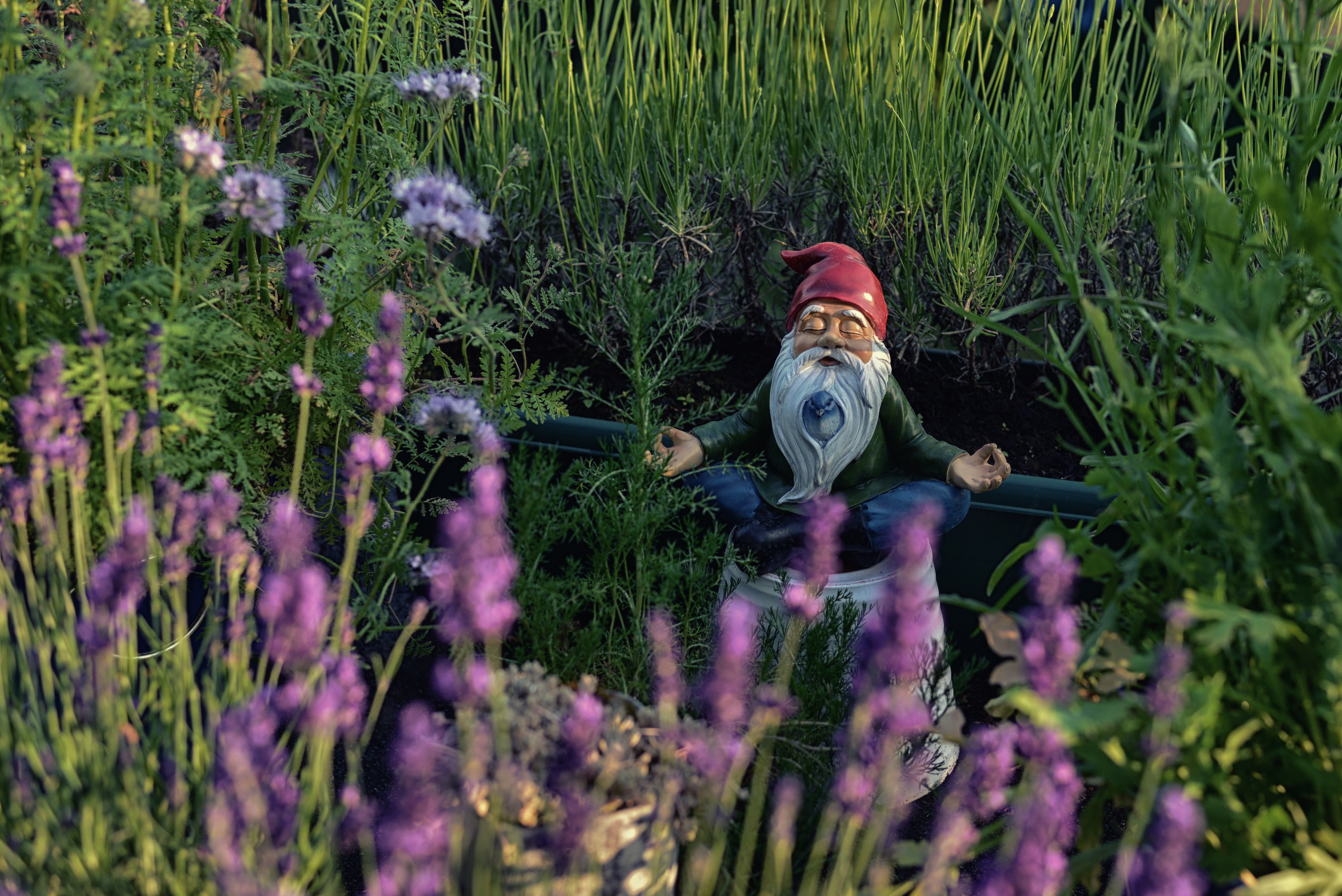If you think you can’t meditate, you’re wrong! That was my mindset for a long time – I’d almost decided it wasn’t for me, I just wasn’t a ‘meditator’. And I was sceptical when people said “it’ll change your life” or “I can’t get through the day without it”. Groan!
But I’ve just hit 100 days of meditation! Despite missing a couple of days, it’s largely been a daily practice. In all honesty, I can say it has made these weeks and months of Covid restrictions slightly easier. It’s still early days, but it might just change my life after all! Hey, a girl’s allowed to change her mind!
I spent a long time avoiding meditation. Before signing up for yoga teacher training this year, the teacher asked me straight out whether I meditated. I squirmed, then hedged my bets – “I really like guided mediation”, “I see yin yoga as meditation by stealth”, “doing self-reiki is a kind of meditation” … all true statements. But she politely yet firmly called me out – “yeah ok, but that’s not what I’m talking about; and not what you’ll be doing during training.”
Yikes! Had I made the wrong decision about teacher training? Could I become a reiki master and not meditate? Did I really want to go forward if it meant meditating every day?
As it turns out, it was just what I needed. It actually does make a difference to how my body and mind feels, my level of focus, my mood, my sleep. Meditation is becoming an anchor in my day. I just needed the right attitude and approach!
Here’s what I learned from 100 days of meditation, shared so it might inspire you to dip your toe in too:
1. Every day is different, don’t judge or label any of it
Some days feel easy, other days are hard. One day I’m physically uncomfortable, the next my thoughts run wild. Occasionally I feel like a monk on a mountainside, at one with the universe! But I’m learning to surrender and not label any of it – it is what it is. Expressing gratitude for the practice is the best way I’ve found to end a session and transition into the rest of the day.
2. Progress is perfection
A meaningful sense of progress is a key motivator in life – so focus on that, rather than perfect meditation. Even with decades of practice that’s a lofty goal. Don’t expect to do an hour of meditation straight away. Start with 3 minutes. Start with 3 slow, deep breaths if that’s where you’re at and build from there. Set yourself a goal and feel the positive effects of achieving it! And importantly, forgive yourself if you miss a day. Life happens, moods fluctuate. See a missed session as a simply rest stop on your journey, then recommit the next day.
3. Silence is golden
How often do you just sit in silence? Or cook or read in silence? Silence can be tough – just you and your thoughts, argh! It’s one of the reasons I avoided pure meditation I think, in favour of guided or activity-based practices. But sitting in stillness and silence has become strangely nourishing. With no outside stimulation, it’s just you and your body, mind, and energy. In those few minutes, it feels like everything slows down, things become clearer and you can set or reset yourself for whatever else the day might hold.
4. Find the position that works for you
This seems obvious and simple, yet it’s one of the excuses I’ve used to not meditate – that it’s uncomfortable to sit for that long. What I now know is that you just need to find the position that suits your body! Ignore all those Insta-yogis so seemingly calm in their lotus position. That might be fine for you; but if not, experiment until you find the position in which your body can be still for the length of your meditation. Aim to be sitting up, with a fairly straight spine, where you can breathe deeply and evenly, and relax your shoulders.
My tight hips and arthritic knees reaalllly hate being cross-legged on the floor for more than a few minutes. The position that feels most balanced and supportive for me is kneeling across a yoga bolster propped up on two blocks. Try with a few positions on the floor or in a chair, and use yoga props or other cushions / pillows / books you might have around the house to ensure you can relax yet stay gently alert.
5. Expect thoughts and distractions
Whether it’s construction or traffic noise, others in the house, thoughts about yesterday or running through your to do list, there will always be distractions during meditation. Your brain is designed to always be ticking over. The key is to not get caught up in it all, to not actually be distracted by the distractions! Gently bring yourself back to your intention and your breath, releasing thoughts into the Universe (knowing that if they’re important, they’ll return at a better time!).
“Meditation is not passive sitting in silence. It is sitting in awareness, free from distraction and realising the clear understanding that arises from concentration”. – Thich Nhat Hanh


